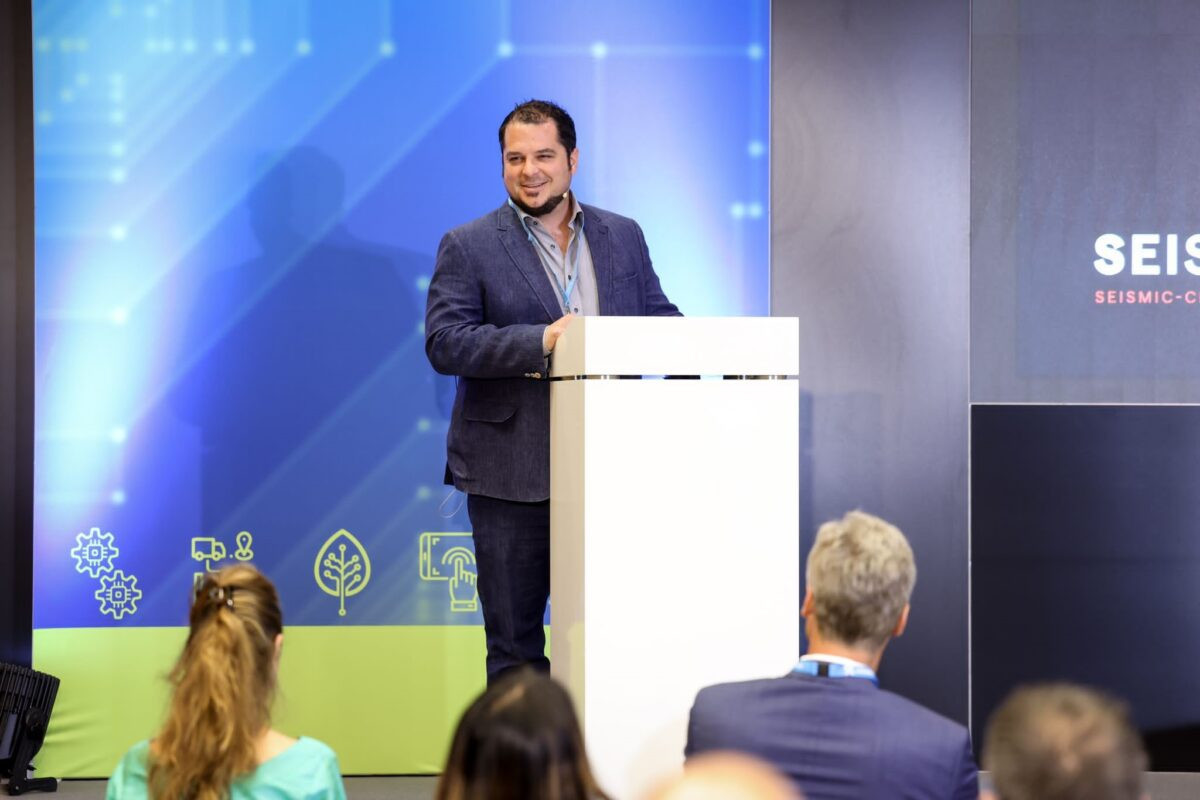Outdoor fashion brand Patagonia made waves this autumn when its billionaire founder, Yvon Chouinard, announced he was giving it to a charitable trust to help flight climate change. B Corp-certified since December 2011 and regularly placing in a “Best for the world” category through B Lab, Patagonia also happens to be one of the more than 100 companies Andy Schmidt and his team at Seismic have worked with in the under two years since the company launched.
After a successful career at Skype and Microsoft, Schmidt decided to go down the advisory and consulting route and, despite knowing about B Corp for some time, he decided “to take a closer look at it myself, do my own due diligence, have a critical lens on it. And I came out of that just convinced that B Corp is a useful management tool at its core. It helps companies look across all of their activities and understand where they're doing well and where they can do better.”
Seismic was born in March 2021 through Schmidt and fellow cofounders Amy Bourbeau and Paul Lewis with the goal of being a partner for change through “building sustainable relationships for a sustainable world.” The team’s B Corp, ESG and net-zero experts aim to help other companies achieve their goals in these areas. In addition to working with international brands, they have also worked with local ones--Luxexpo and cider producer Ramborn, to name a couple.
Not just a reporting framework
In October 2022, IMS Luxembourg announced it is the official point of contact for B Corp companies in Luxembourg. Active in 85 countries across 158 industries, B Corp certification is something that Schmidt thinks will be on the rise in the grand duchy.
For Schmidt, while other tools (e.g., the GRI indicators) can serve as a reporting framework, B Corp has power in that it’s “less about reporting and more about impact management framework,” he explains.
Anyone can take the online assessment to see how they might fare on the B Corp methodology. “But if you want to be able to communicate to your stakeholders in the market that you’re performing a high level of social and environmental performance, then you ask the standards team at B Lab to review and verify your score,” Schmidt adds. “Then they go through it with a fine-tooth comb and ask for evidence, discuss with you how you do that in practice.”
A change of mindset
A company, once achieving B Corp certification, has to continue working to maintain the certification, as the framework bar is raised every three years. This means that a company only barely getting the certification the first time around has to work on making continuous improvements to keep up with that raised bar.
Schmidt adds that he has already noticed positive movement in terms of local knowledge of the B Corp framework and the community around it. Just a year ago, he says, he had to explain to companies what the framework was. “Now it seems like people are coming to us, and they’ve got that foundational knowledge already, and they’re asking for help on how to do it in a way that will get the most benefit for their business out of it,” Schmidt explains. “And to make sure that it’s an effective, enjoyable process, done in a way that embeds it into the organisation as opposed to being some tick-the-box exercise.”
